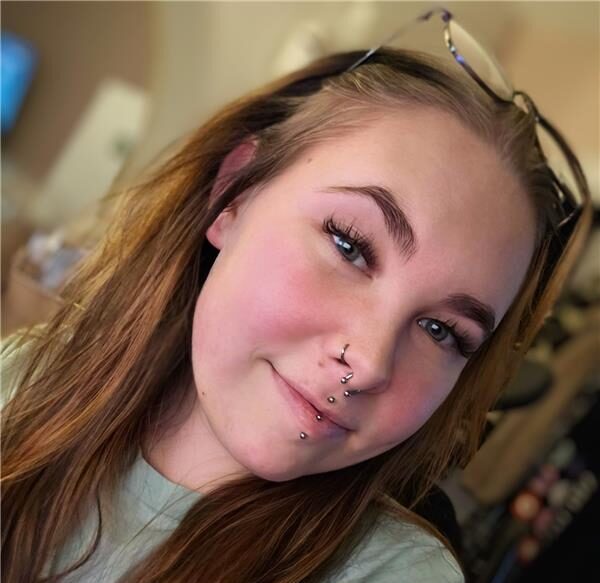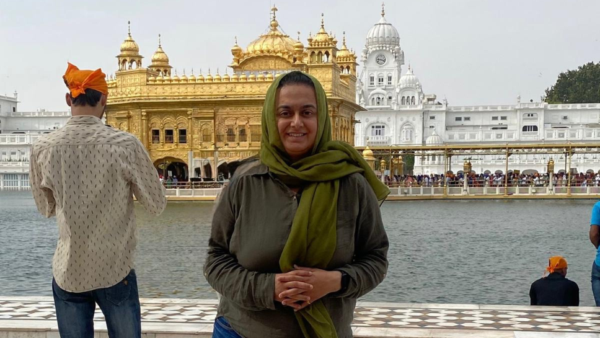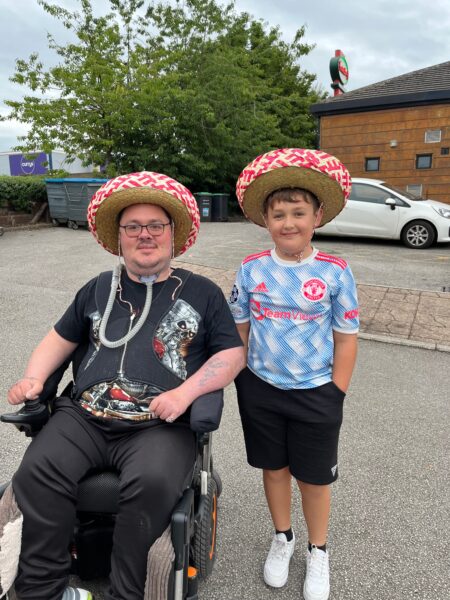Zoe’s son Archie was diagnosed with muscular dystrophy in June 2024 at six years old. As parents, Zoe and her partner, were continuously told their concerns were all in their heads. Then, following a long diagnosis battle, the results came back as muscular dystrophy, which they’d never heard of before. Zoe shares Archie’s diagnosis journey, the fundraising they have done since, and why raising awareness of their son’s condition is so important to them despite still trying to process what this means for their lives.
“Raising awareness of our son’s condition is emotionally exhausting, but we do it to help fund treatments”
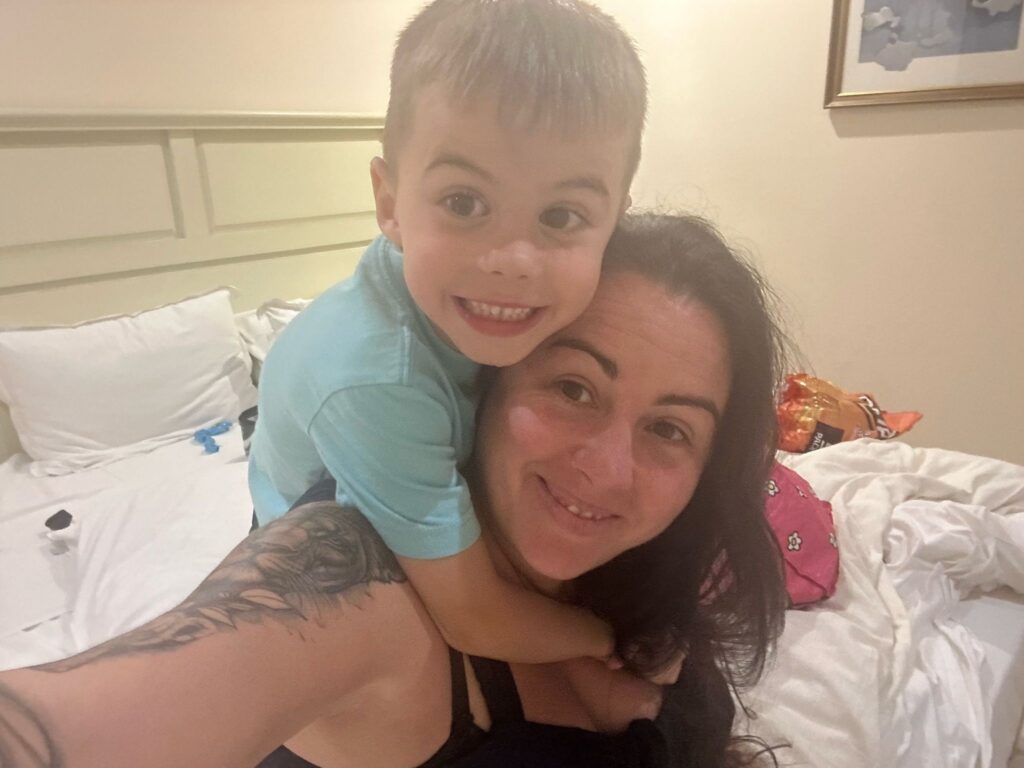
People always say that a mother just knows when something is wrong. They call it a mother’s intuition. I never quite knew whether I believed this until my youngest son, Archie, started to grow up. I knew in my heart that something wasn’t right, but when doctor after doctor tells you you’re just being paranoid, you start to second guess yourself. When Archie was finally diagnosed with muscular dystrophy, after being told for years he was just anaemic, our lives changed forever. We thought that whatever the doctors found, would be treatable… We never expected this.
Noticing the small things
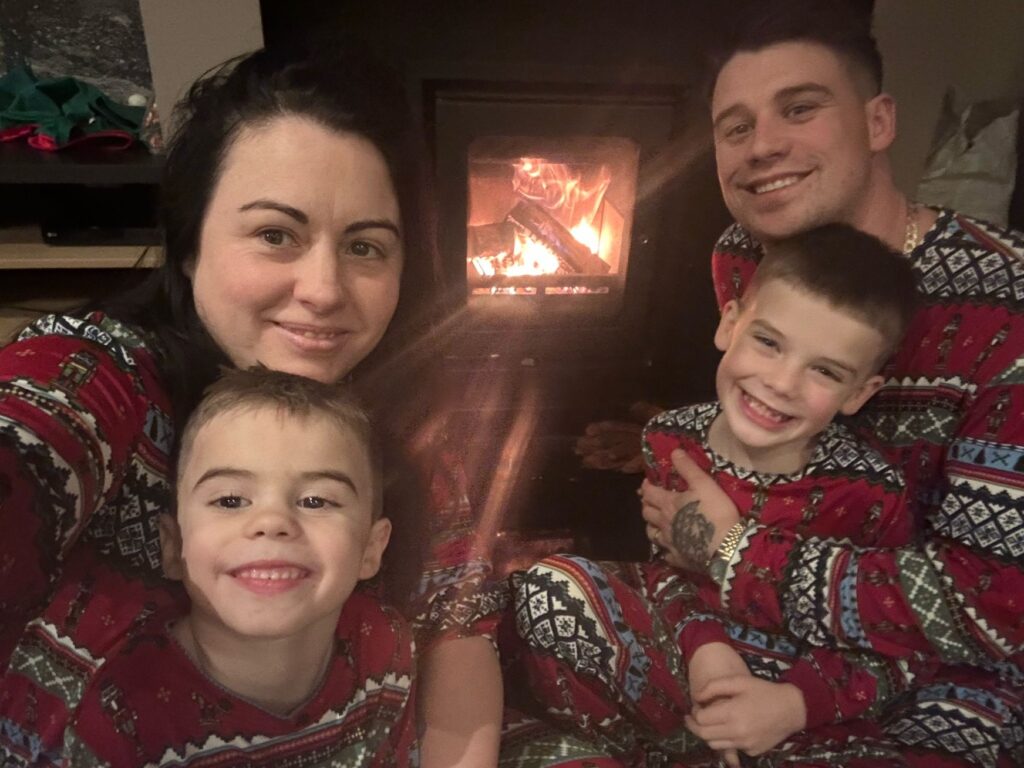
Archie has an older brother, Alfie, and they’re best friends. Archie is only one year younger than Alfie but has always been a lot smaller. At six years old he’s still only in age four clothes. The first thing we started noticing was how often Archie would get a cold. We knew this was common for little ones, but he’d really struggle with feeling rundown constantly from them. We took him to the doctors a lot for this. They always said there was nothing wrong, it was just a normal virus that was making its way out of his system.
We persuaded the GP to do some blood tests after a while and it came back that Archie was anaemic. We hoped this meant there was a quick fix for our concerns, but his fatigue and illnesses didn’t improve despite being on iron supplements.
During this time, we also noticed he had a bit of a strange walk. We went back to the GP once again and insisted he refer us to a paediatrician, but the specialist also told us our worries were in our heads. By this point, we had had to get a buggy for Archie for days out as he would say how tired his legs were. We were distraught and at a loss for what to do next.
We begged for our GP to refer us to The Evelina in London, which is a specialist children’s hospital. They refused to do this for a year, but we eventually got seen by a liver specialist. My husband and I were confident the tests were going to show something, but they all came back normal.
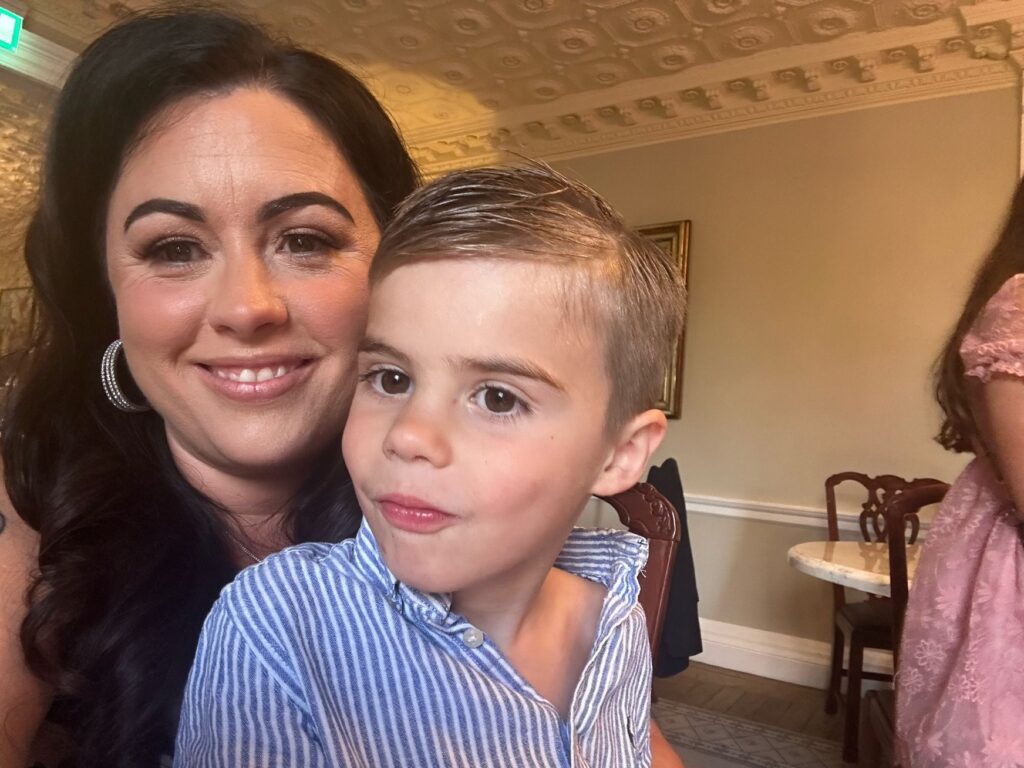
“For the first time though, we felt listened too. The consultant could see how defeated we were and asked us what other symptoms we’d noticed.”
After listening to us pour our hearts out about everything we had been ignored about, she told us they would get to the bottom of it and run some genetic testing.
We received a phone call from the hospital saying they’d found something, and we needed to attend an appointment on that coming Monday. I don’t remember the hour and a half drive home after our appointment. We just kept thinking it was a mistake when the consultant told us our boy has muscular dystrophy. It was a relief that my husband and I weren’t going crazy imagining there was a problem, but you’re never prepared for a diagnosis like that.
Getting support from Muscular Dystrophy UK and looking forward
The Evelina told us about Muscular Dystrophy UK and suggested we contact them for support. When I gathered the courage to call them, they were so friendly and helpful.
“The helpline team put me in touch with one of the counsellor’s that works with the charity. She helped me so much in my journey to accepting Archie’s condition.”
You don’t learn to become okay with the diagnosis like this overnight though. Since Archie’s diagnosis last June, I’ve been to my GP to discuss my emotions, and have been put on antidepressants to help me cope. We’ve started reaching out to other families like ours and joined Facebook pages for muscular dystrophy. It helps so much to chat to people who understand and have been through what we’re going through right now.
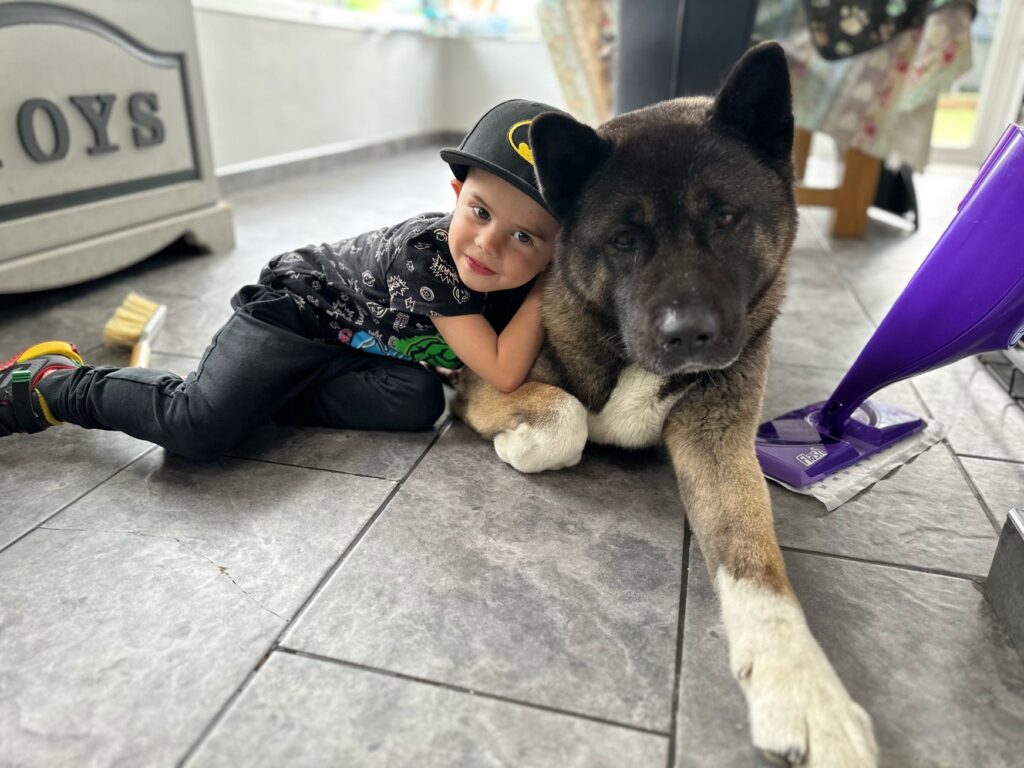
I know Archie’s a fighter. If he wants to do something, he’ll make it happen. When he wanted to learn to ride a bike, I wasn’t sure if it was going to be possible and tried to prepare him. He just looked at me and said, “I will ride my bike.” He practised every day, never gave up, and, eventually, he got it. The consultants have said he’s doing well for his age. We try to keep as active as possible as a family, going on regular dog walks and bike rides.
Fundraising
Every year, we do a huge Christmas light display on our house to raise money for different charities, so it made sense this year to fund raise for Muscular dystrophy UK. We were even able to get live TV coverage of the fundraiser in our local area.
“I think people assume that if you’re trying to raise awareness of your child’s condition, you must have accepted what’s happened. But that’s far from the truth.”
We’re still very much in the middle of processing that the life we envisioned for our family has changed for ever. But the way we’ve been able to feel like we have some control in this situation, is to fundraise and raise awareness of muscular dystrophy, in the hope this will support funding for new treatments.
We’re here to support you
Webinars, Information Days, and support groups for our muscle wasting community. Our life-changing support is here for you.
Advice for living with or caring for someone with a muscle wasting condition.
